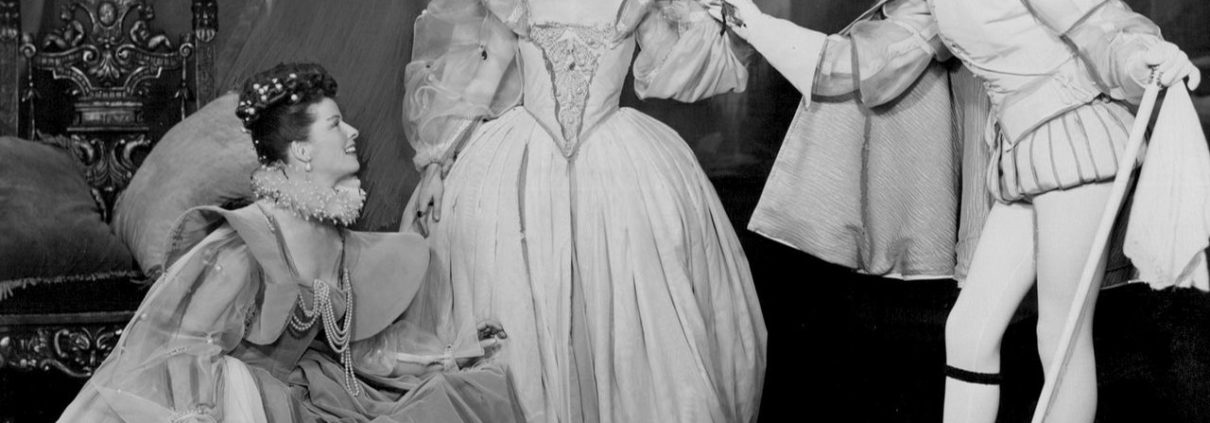All the World’s a Stage
A friend sent me a post from a rather esoteric website for horoscopes and such. The post was a little out there. But it contained a statement that was powerful and compelling in its truth and simplicity. Here it is:
[Act] as if your own choices serve to make the world a better place specifically by preserving its delicate, intricate threads of relationship, kindness, healthy dependency, and mutual sharing.
The gist of the post was that we’re losing touch with ourselves and each other due to what the post referred to as the digital problem. More specifically, it said:
“Society as dominated by the internet” … [creates] a polarized environment … [as] opposed to the gentle process of exploring boundaries, feelings, emotional connections, your senses … [so, we’re] being conditioned to behave like [a] robot … We don’t have to worry about “artificial intelligence” taking over … We really have to worry about artificial stupidity, which means insensitivity and mechanical thinking.
I’m certainly aware of the extent to which we’re polarized as never before, especially in politics and ideology. And I’ve certainly considered that polarization to be an effect of electronic communication and its ubiquity, its immediacy, and its ceaselessness. But before being prompted by that post, I’d never thought so directly about our choices, about our potential to be agents of positive change, of connecting and uniting with each other, rather retreating mechanically to the monitor-and-keyboard world of the digital problem. And I’d never thought of the transformative power of my own work so clearly.
First Things First
It occurred to me that the art of fitting a space begins with connecting with the people who own, lease, and/or inhabit the space. To understand them and their needs, I develop relationships with them. I elicit their creativity and contribute my own. I don’t rely on trends espoused by social media or promoted on the Internet in service to agendas I may never know (even if I had the time or inclination to investigate them, which I don’t).
And I’m guided by the space. Each space has singular attributes and characteristics. Each space reveals the way it should be outfitted through the materials from which it’s constructed, through its lines and angles, through the work of those who built it and the dreams of those who will inhabit it. And every space is the stage on which its inhabitants will play. That’s how I serve to make the world a better place.
As William Shakespeare wrote in As You Like It:
All the world’s a stage,
And all the men and women merely players.
—
Photo of Katherine Hepburn in As You Like It, 1950, by Vandamm, via Wikimedia Commons.




Trackbacks & Pingbacks
[…] no longer allowed to have tufted headboards, lace doilies, or fake fruit. That’s why, as I suggested in an earlier post, our work can’t be driven by trends espoused on social media or promoted on the […]
Leave a Reply
Want to join the discussion?Feel free to contribute!